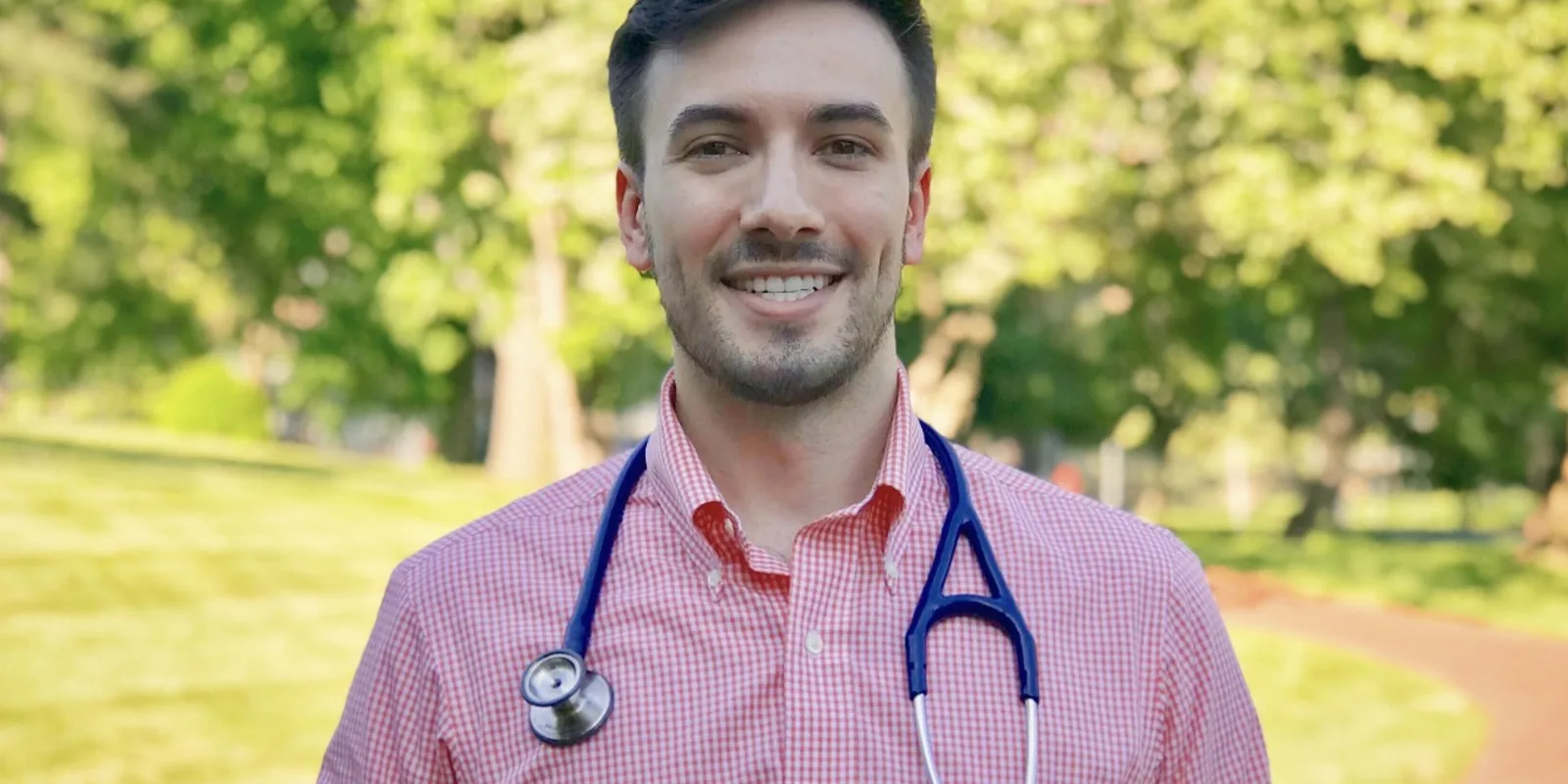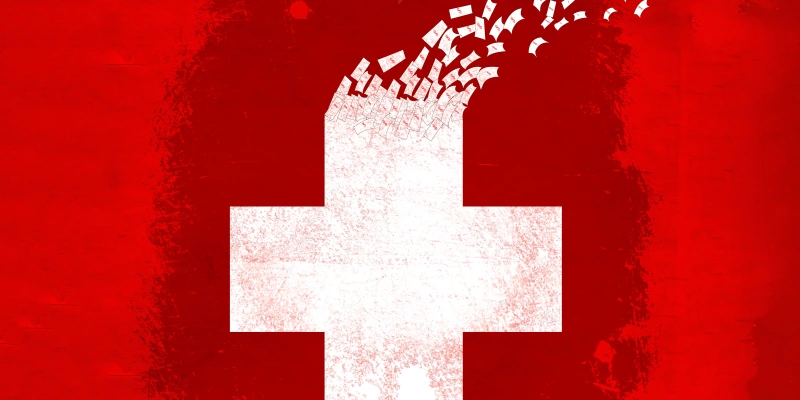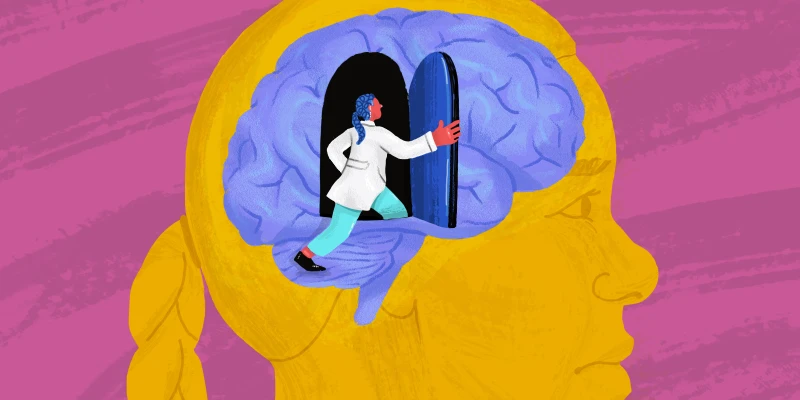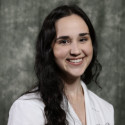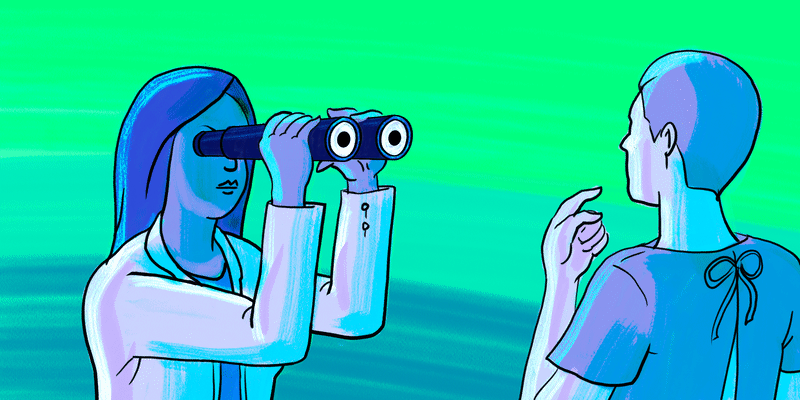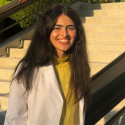
Name: Philip Maynard
Med School: New York Medical College
Year: Fourth Year
1. What is your #1 study tip?
If you think you “hate” a topic, that probably means that you don’t understand it. Find what intimidates you (and what you keep avoiding) and then study that! If you really want to master a topic, find a way to teach it to others.
2. What would your classmates be surprised to learn about you?
I actually didn’t learn how to drive until the summer before medical school, since I grew up in New York City.
3. What unique extracurriculars do you do?
I do Crossfit, read (thanks to my Kindle and Audible), am on my school’s Student Senate, and stay involved with my undergrad alumni network. I also follow a lot of dogs on Instagram.
4. Who are your mentors?
My mentors are the current fourth year students, who managed to balance academic and clinical responsibilities with their lives. They just matched and did an awesome job! I just discovered “The Undifferentiated Medical Student,” a podcast where a fourth year medical student interviews physicians in different fields.
5. What would you be doing if you weren’t pursuing medicine?
This is such a tough question because I don’t think many of us could see ourselves doing anything else. I’m going to say doing a PhD in Slavic Studies or Economic History, which I studied as an undergraduate.
6. What is the most important lesson you’ve learned so far in medical school?
During premed and the first two years of medical school, I stayed motivated by thinking about my future career as a physician. Third year has brought different challenges, and I realized that you need to focus on the present once you’re involved clinically. My new mantra is “How can I be the best third year medical student?” It’s actually made me much less stressed and a better member of the healthcare team, since I can focus more specifically on my role.
7. What is curriculum like at your school?
New York Medical College does the classic two preclinical years followed by two clinical years. I know medical education is changing — condensing portions, integrating clinical activities earlier, and creating longitudinal activities — but I think as long as you cover the material and have enough exposure and responsibility, it will all work out. NYMC also has a very strong standardized patient program, which I believe made a huge impact on my clinical skills.
8. How are the topics of burnout, wellness and work-life balance addressed at your school?
I think my school and the student body does a great job of highlighting these topics, but they’re really tough to tackle. You cannot simply teach, mandate, or grade “wellness” and there’s no inoculation against burnout. What I think the administration has done well is increase mental health resources on campus, and our Student Senate and Wellness Committee put together a “Wellness Week” each term that is incredible (including morning yoga, therapy dogs, breakfasts, spin classes, rock climbing, music therapy, and more).
9. How can medical students better support each other inside and outside the classroom?
Medical students learn that you need to ask the right questions in order to get all the information. We do that with our patients, but with our peers it’s easier to say, “I’m here for you if you need to talk” than to actually ask tough questions. So, ask the tough questions about how people are — your peers might really appreciate it.
10. If you’ve started rotations, which rotation has been your favorite?
I think my favorite rotation so far has been Family Medicine, which I didn’t expect. I worked at an incredible practice in Manhattan (Lexington Medical Associates) and you really get to see and do a bit of everything — internal medicine, preventive medicine, OB/GYN, pediatrics, infectious disease, oncology, dermatology, procedures, psychiatry, and more! You also learn about practice management and how to keep people out of the hospital.
11. What was your approach to studying for shelf exams?
For each clerkship I made a spreadsheet of everything I want to get through. I started with UWorld, then I added in other question banks as necessary. In specific, I used USMLE Easy (derived from PreTest and Lange Q&A) when I needed extra questions, and utilized the AAFP Board Review Questions for Family Medicine and the APGO uWISE questions for OB/GYN. OnlineMedEd helped me organize the curriculum and I unabashedly reactivated SketchyMedical for relevant Micro & Pharm. Lastly, I was religious about doing all the NBME practice tests available with standard pacing.
Good clinical experience is also critical for consolidating your knowledge. See as many types of patients as possible and get quality time in the out-patient/clinic setting, since ambulatory medicine is a significant portion of every shelf exam. If you are not exposed to something on your clerkship, make sure to study it on your own.
12. How was the experience of transitioning to the wards? What patient will you never forget?
Transitioning to the wards is intimidating, but it’s where you’ve been trying to get for the past 6+ years. You’re definitely exhausted, but also much happier. Remind yourself that you are supposed to be there and that patients will benefit from your involvement.
I will never forget the patient who had had a left nephrectomy and came in for a checkup a few years later asking if it was time to get a new one. It was a reminder that we take health literacy for granted and that education is a key component of good medicine.
13. What is the best advice a resident/attending gave you?
“If you really want to know what’s going on with a patient, read the intern’s note.” Being on the bottom of the totem pole also means that you’re supporting everyone else.
14. Do you have any tips for being on-call?
Being “on-call” can mean many different things. My tips for being on a 24-hour call are 1) bring dinner, coffee, and snacks (or know when/where you can buy them) 2) bring something to study — you might have downtime and your brain will still work 6PM-12AM and 3) comfort is key — you can even treat it like a long plane ride: make sure to shower and moisturize in the morning, wear good scrubs/socks/shoes, wear glasses not contacts, bring deodorant, etc. If you’re as reliant on coffee as I am, plan to caffeinate around midnight then just try to stay busy. Post-call, I prefer to sleep a few hours and deal with the fatigue instead of sleep all day and risk that night’s sleep, since I’m just going to have to be up early tomorrow morning to pre-round.
